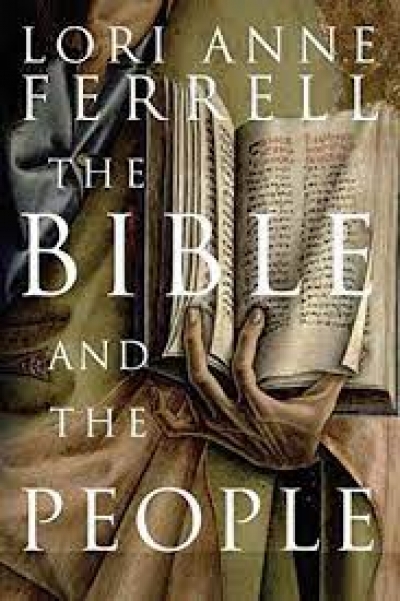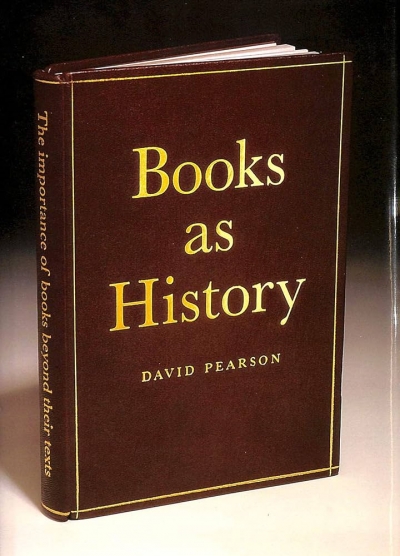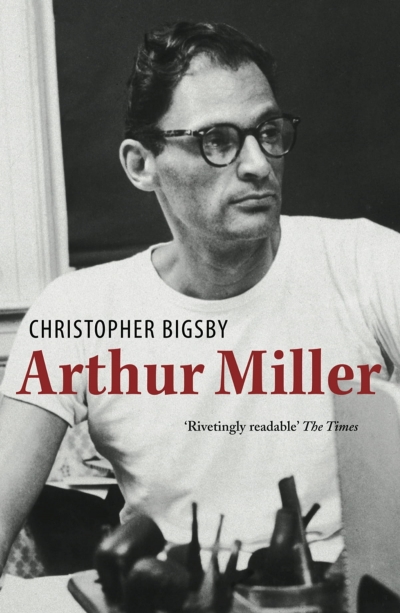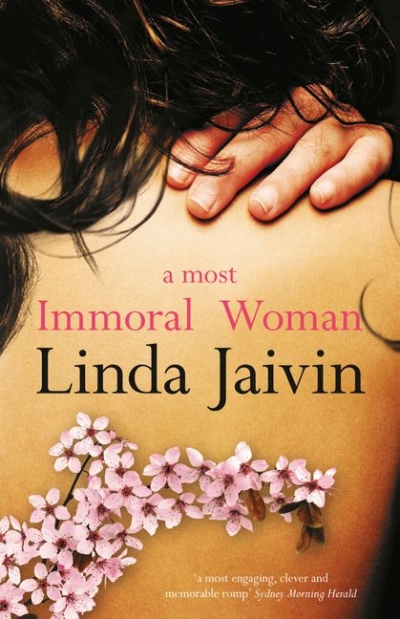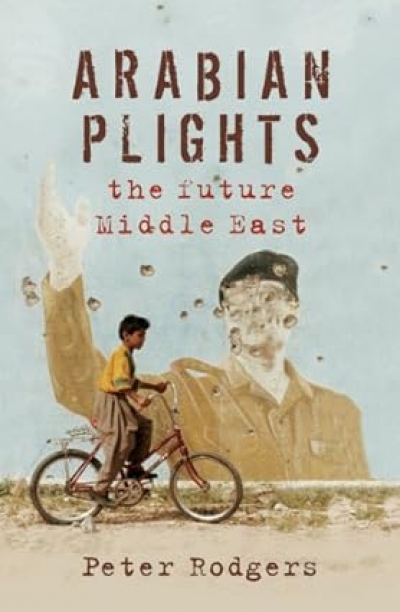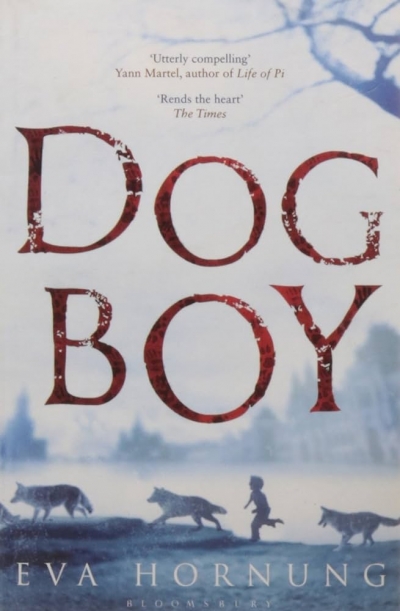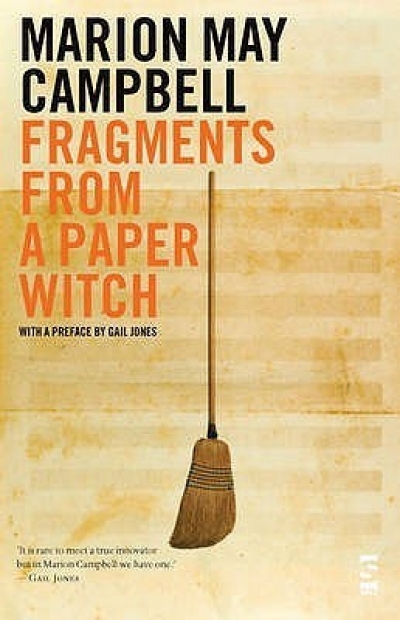Writing as Eva Sallis, Eva Hornung earned enough prizes and shortlistings to send a reviewer sprinting shame-faced to the nearest library. Fortunately, Joyce Carol Oates, with her inordinately prodigious output, sees no grounds for guilt: ‘Each book is a world unto itself, and must stand alone and it should not matter whether a book is a writer’s first, or tenth, or fiftieth.’ Thus, while a predilection for wild life might be deduced from some of Sallis-Hornung’s previous titles (The City of Sea-lions, 2002, The Marshbirds, 2005) and an Arabic orientation from others (Hiam, 1998, Sheherazade through the Looking Glass, 1999), Dogboy, which is set in Moscow, begs to stand on its own hind legs.
...
(read more)

